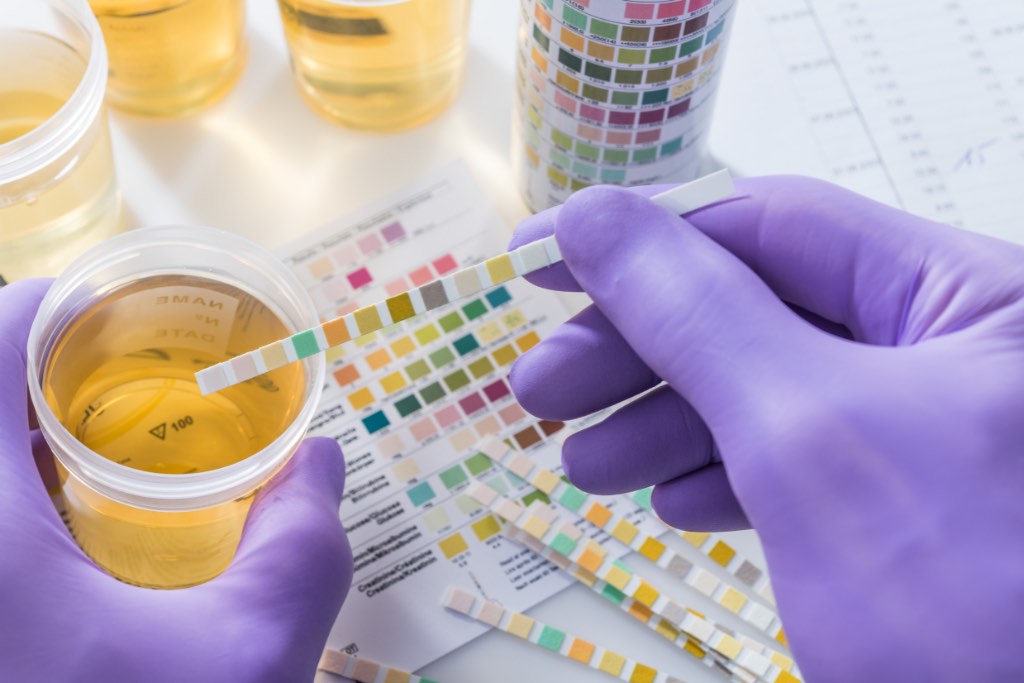Mr Bachar Zelhof, Consultant Urologist at private healthcare clinic Pall Mall Medical speaks to the Press about the secrets your urine colour holds for your health and well-being.
Shedding light on the ideal urine hues and their possible health implications. Get expert insights on what's healthy and when it's time to seek medical advice.
What colour should your urine be?
“The colour of your urine can vary based on factors like hydration, diet, and medications.
“Overall, a pale yellow to straw-yellow colour is considered normal and indicates proper hydration. “This colour is a result of the waste products being diluted in the urine.”
What colours should you be concerned about?
“Unusual urine colours can indicate underlying health issues. Colour that might raise concerns are:
“Dark yellow or amber which could indicate dehydration and the need to drink more fluids.
“Dark brown or tea-coloured might suggest a liver disorder or muscle breakdown.
“If your urine is pink or reddish, this could be due to the presence of blood in the urine, which might indicate kidney problems, urinary tract infections, or other issues.
“Bright orange urine can be a result of certain medications or foods high in beta-carotene, such as carrots, which can cause this colour. However, bright orange wee could also indicate potential liver or bile duct issues. Bile ducts carry bile from the liver to the intestines via the gall bladder.
“Blue or green urine is extremely rare and can be from certain medications or dyes, or occasionally a rare genetic condition called Hartnup disease, when the body's unable to absorb certain protein building blocks (amino acids) from the diet.
How can you change the colour of your urine to be more 'normal'?
“To maintain a more normal urine colour, you can focus on staying adequately hydrated. Drinking enough water throughout the day can help dilute urine and give it a lighter colour.
“Avoiding excessive consumption of foods or drinks that are known to cause changes in urine colour (like beets, blackberries, certain vitamins, and medications) can also help.”
When should you see a doctor?
“You should consider seeing a doctor if your urine remains a dark colour despite increasing fluid intake.
“You should also see them if your urine is pink, red, or has blood in it.
“If you are experiencing pain or burning during urination, contact your healthcare provider, the same goes if you are frequently peeing or constantly have the urge to urinate.
“Any significant changes in urine colour that are not related to diet or medications should be investigated, especially if you have other symptoms like fever, chills, back pain, or abdominal pain.
“While urine colour can provide some insights into your health, it's just one factor among many, and it's important to consider other symptoms and consult a healthcare professional for a proper evaluation if you have concerns.”
At Pall Mall, you can book a private urologist appointment and skip the waiting list with no NHS referral needed. Initial consultations from £250.








